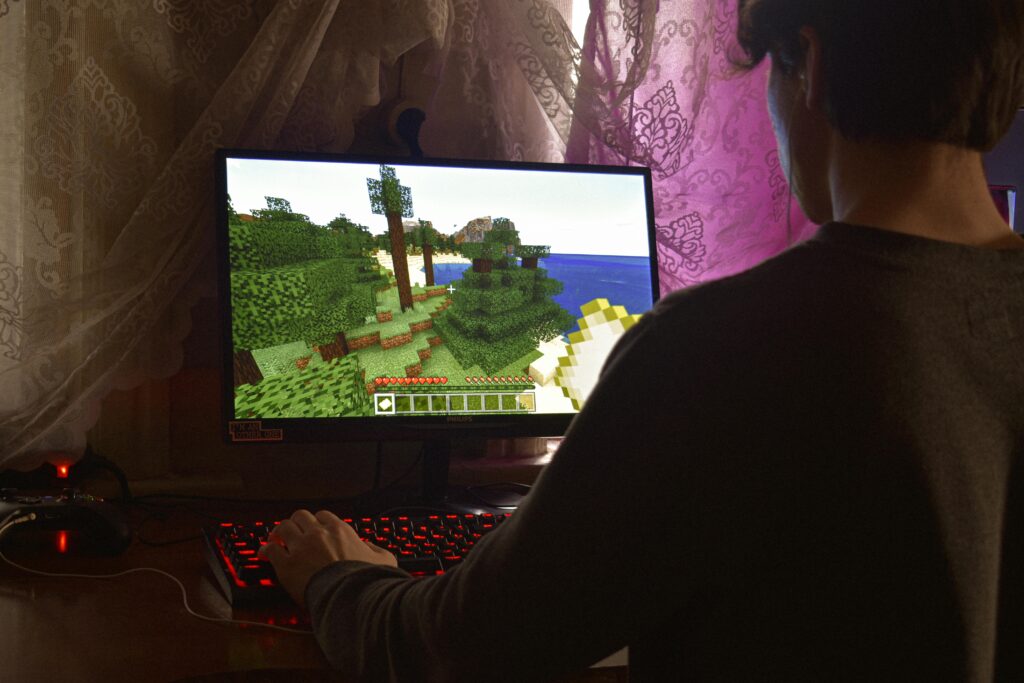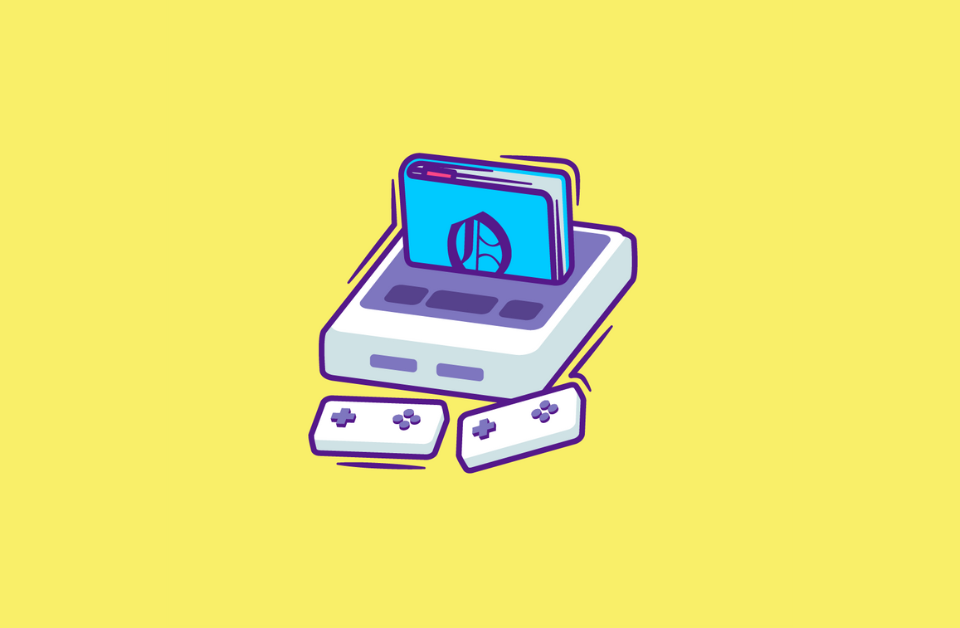
Our top 5 tools to develop web games
2024-04-02
How children can learn better with video games
2024-05-29So you’d like to create a serious game or gamified experience for your project as a company, non-profit, educational institution, etc. Before you start developing it, you find yourself facing a daunting decision: What devices do I want to make my game for?
Choosing what platform to release on is one of the biggest decisions you need to make. With distribution, there are many variables at play - pun intended! - that determine how, when, and where a game should be released.
In this blog post, we’ll take you through the different platforms you can release a serious game on, and help you make that important decision.
So many choices
Nowadays, games run on a lot of devices (AKA platforms), each of which has its own particularities, advantages and limitations.
Some of these characteristics to keep in mind are:
- Target audience - Arguably the most important factor to take into account. Depending on who you’re making your game for, you might want to consider favoring one platform over another. For instance, mobile devices are the most used (everyone has a phone), so adapting your game to these devices could be a great opportunity to expand your audience.
- Controls - (e.g. keyboard and mouse, controllers, touchscreen…etc.) Different games lend themselves better to certain types of controls. For example, one-button games are very popular on mobile, whereas complex simulation games tend to do better on PC with a mouse and keyboard.
- Processing power - Different devices have different capacities, which determines the quality of graphics, animation, physics simulation, etc. However, low-powered graphics doesn’t have to mean ugly!
- Distribution: You will likely be using a distribution service to release your game on (think app stores like Steam, Epic Games, Google Play - and even Netflix!). Each of these services have specific conditions they require of you. This could mean meeting technical certifications, restricting the kind of content you have, or taking a share of any revenue you make. Some are easier to publish on than others!
Platform Breakdown
Mobile
Mobile gaming has been on a steady rise for many years now. And with 67.7% of internet users saying they play games on mobile, it is by far the most popular platform for gaming.
When it comes to graphics, mobile devices don’t have nearly the level of processing power as other platforms. The good news is that mobile players have lower expectations than on other platforms, too! This means that you can use simpler visuals that wouldn’t be appropriate for consoles, for example.

CRISPR Crunch, our tile-matching game that is inspired by the latest developments in biotech
As for controls, mobile games mostly use the touch screen. Touch screens are great for games that involve swiping across the screen, or tapping at the right time. However, the small screens make it hard to show a lot of detail at once, and virtual joysticks are less precise than their physical counterparts.
Lastly, while it is fairly straightforward and quick to publish games on mobile devices, they require regular updates to adapt to new devices and operating systems.
Consoles
Consoles are another popular medium amongst gamers. After all, they are made for that very purpose!
They rely mostly on gamepads for control, with a few exceptions like the Nintendo Switch that have motion sensors and touch screens as well. Consoles boast powerful processors that allow them to display impressive graphics with seamless animations.

Console makers put a lot of restrictions on who can publish to their platform. They usually require paying for a special “dev kit”, and put in place a lengthy certification process to get your game approved.
Computers
People have been playing games on PC since forever, and they are currently the second-most popular device for games. They boast the largest game library throughout history.

PCs come in all shapes and sizes, making their processing powers and other features variable. Most games make use of keyboard and mouse, but they also support the use of gamepads as accessible and/or modded tools, making them the most versatile platform.
That said, their versatility is a double-edged sword, as it makes it difficult to adapt to different controls and levels of processing power. Additionally, PCs can run on different operating systems and have different distribution sites (Steam being the most popular) with varying terms and conditions. Development will thus need to cater to different OS and versions, and distribution will need to be decided upon before release.
Web
An increasingly popular medium to create video games on, web browsers run on nearly all devices (except consoles). This makes it possible for developers to easily create games that can adapt to most devices.
Accessibility is the name of the game (pun intended - again!): they are available to anyone with an internet connection and don’t usually require downloading anything ahead of time.

Mixstory, our latest browser game, where players sort a list of historical events in the correct order
Controls tend to be limited to mouse and touch for mobile, and then keyboard for PC. Though they can also make use of cameras, and gamepads when available.
As for processing power, they are typically designed to be run on the lowest-power device applicable - which can admittedly be limiting in terms of how complex a game can be. Since they are “just websites”, single-player web games are very cheap to distribute, and can be embedded in other websites and platforms!
Conclusion
So what platform makes sense for your game?
If you’re a company, non-profit, or educational institution who isn’t trying to make a profit from your game, then consoles might not be a viable option for you. They cost too much to develop and their audiences are likely to not match what you’re looking for.
Mobile games are a good way to create rich experiences that can be distributed through a trustworthy source that is accessible to most. Make sure you keep the maintenance up on the different platforms, OS, and distributors.
Web games are also a great solution to easily reach large audiences. You won’t have any validation processes, app stores, or distributors to go through. However, you will need to think about making your design responsive so your game can be played by everyone.
At Play Curious, we specialize in creating games to communicate about interesting subjects. Feel free to reach out to us about your game project and we help guide you through the process.




